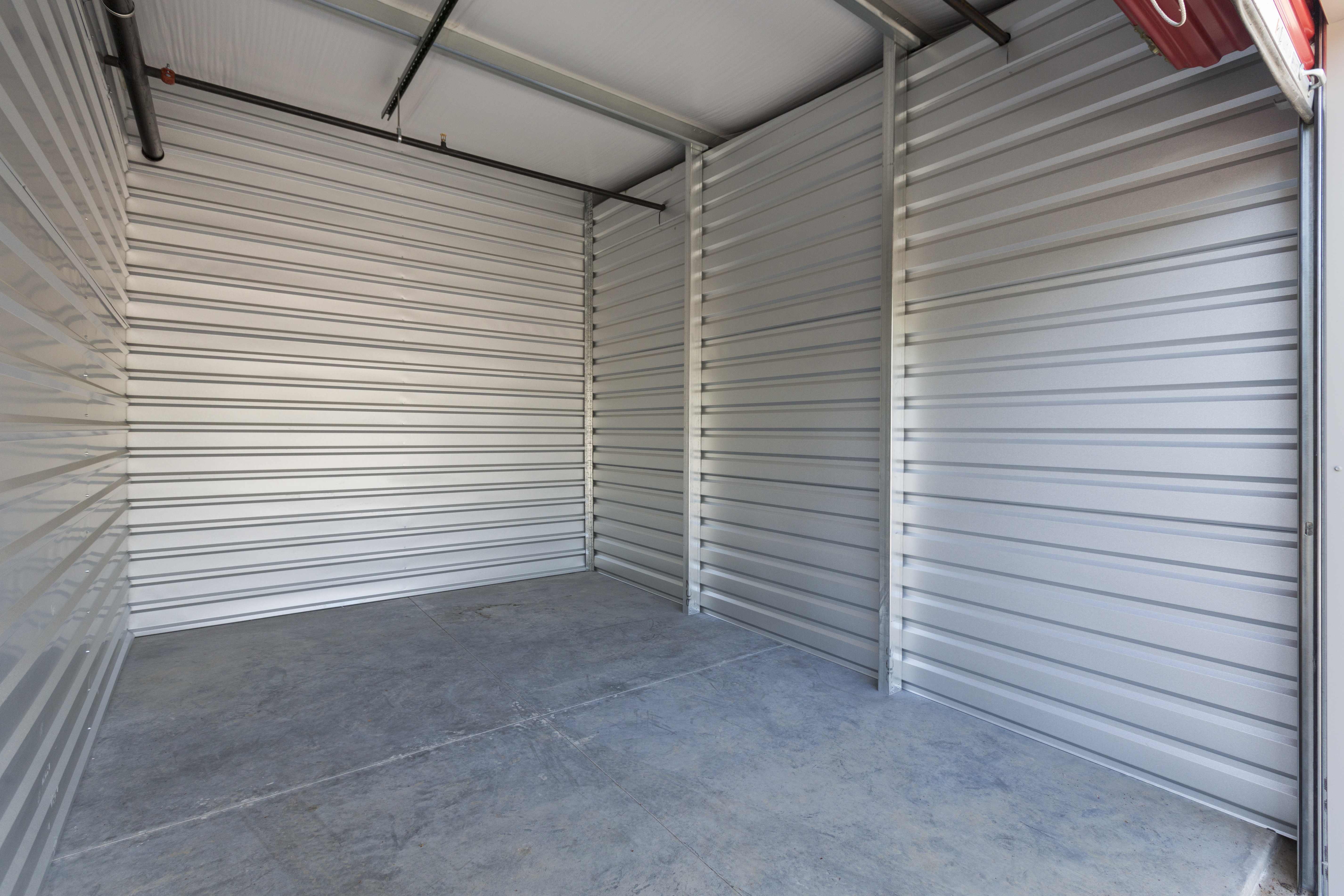Understanding the Cost of Moving Services: Local and Long-Distance Options
The cost of moving services can vary based on distance, size of the move, and added services like packing or storage. Understanding what factors affect pricing helps you plan better and avoid surprises. Get quotes and compare to find the best value for your move.
What Factors Affect the Cost of Local Moving Services?
Local moves, typically defined as relocations within 50 miles, are generally less expensive than long-distance moves. However, several factors can influence the cost of local moving services:
-
Size of your home: The number of rooms and the amount of belongings you need to move will directly impact the cost.
-
Distance: Even for local moves, the distance between your old and new homes can affect the price.
-
Time of year: Moving during peak seasons (summer months, weekends, and end-of-month dates) can be more expensive.
-
Additional services: Packing, unpacking, and specialty item handling can increase the overall cost.
How Much Do Professional Movers Cost for Local Moves?
The cost of professional movers for local moves can vary significantly depending on your location and the factors mentioned above. However, here’s a general pricing guide:
-
Studio or 1-bedroom apartment: $300 - $650
-
2-3 bedroom home: $600 - $1,000
-
4+ bedroom home: $1,000 - $2,000+
It’s important to note that these are estimates, and actual costs may differ based on your specific circumstances and location.
What Determines the Average Cost for Long Distance Moving Services?
Long-distance moves, typically over 100 miles, are generally more expensive than local moves due to the increased complexity and resources required. The following factors can significantly impact the cost of long-distance moving services:
-
Distance: The farther you’re moving, the higher the cost will be.
-
Weight of your belongings: Long-distance moves are often priced based on the weight of your items.
-
Additional services: Packing, storage, and specialty item handling can add to the overall cost.
-
Time of year: Similar to local moves, peak moving seasons can result in higher prices.
How Much Should You Budget for a Long-Distance Move?
The cost of long-distance moves can vary greatly depending on the distance and the amount of belongings being transported. Here’s a general pricing guide for long-distance moves:
-
Studio or 1-bedroom apartment (2,000 lbs): $1,500 - $3,500
-
2-3 bedroom home (5,000 lbs): $3,500 - $7,000
-
4+ bedroom home (8,000 lbs): $7,000 - $12,000+
| Home Size | Weight (lbs) | Average Cost Range |
|---|---|---|
| Studio/1BR | 2,000 | $1,500 - $3,500 |
| 2-3BR | 5,000 | $3,500 - $7,000 |
| 4+BR | 8,000 | $7,000 - $12,000+ |
Prices, rates, or cost estimates mentioned in this article are based on the latest available information but may change over time. Independent research is advised before making financial decisions.
How Can You Save Money on Professional Moving Services?
While moving costs can add up quickly, there are several strategies you can employ to reduce your expenses:
-
Get multiple quotes: Compare prices from at least three reputable moving companies to ensure you’re getting a fair deal.
-
Move during off-peak times: If possible, schedule your move during weekdays or off-season months to take advantage of lower rates.
-
Declutter before moving: Reducing the number of items you need to move can significantly lower your costs, especially for long-distance moves.
-
Pack yourself: While professional packing services can be convenient, packing your belongings yourself can save you money.
-
Be flexible with your moving date: Some companies offer lower rates for flexible moving dates.
What Additional Costs Should You Consider When Hiring Movers?
When budgeting for your move, it’s essential to consider potential additional costs that may not be included in the initial quote:
-
Insurance: While most moving companies offer basic coverage, you may want to purchase additional insurance for valuable items.
-
Packing supplies: If you’re packing yourself, factor in the cost of boxes, tape, and other packing materials.
-
Gratuity: It’s customary to tip your movers, typically 15-20% of the total moving cost for exceptional service.
-
Storage fees: If you need temporary storage during your move, this will add to your overall expenses.
-
Specialty item handling: Moving items like pianos, artwork, or large appliances may incur additional fees.
Understanding the various factors that influence moving costs can help you plan and budget more effectively for your relocation. Whether you’re moving locally or long-distance, obtaining multiple quotes from reputable moving companies and considering ways to reduce your expenses can lead to a more cost-effective move. Remember to always read the fine print and ask about any potential additional fees before signing a contract with a moving company.





